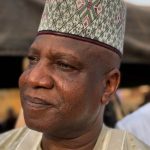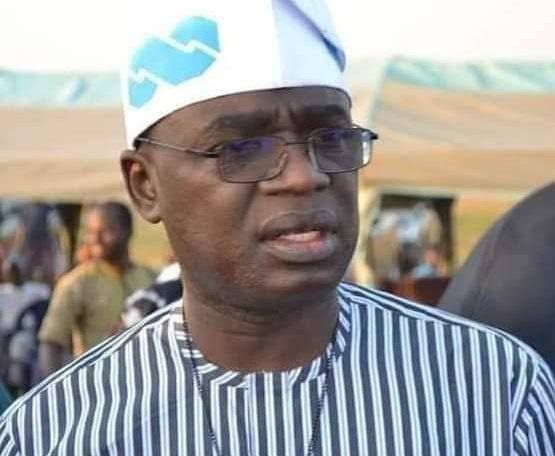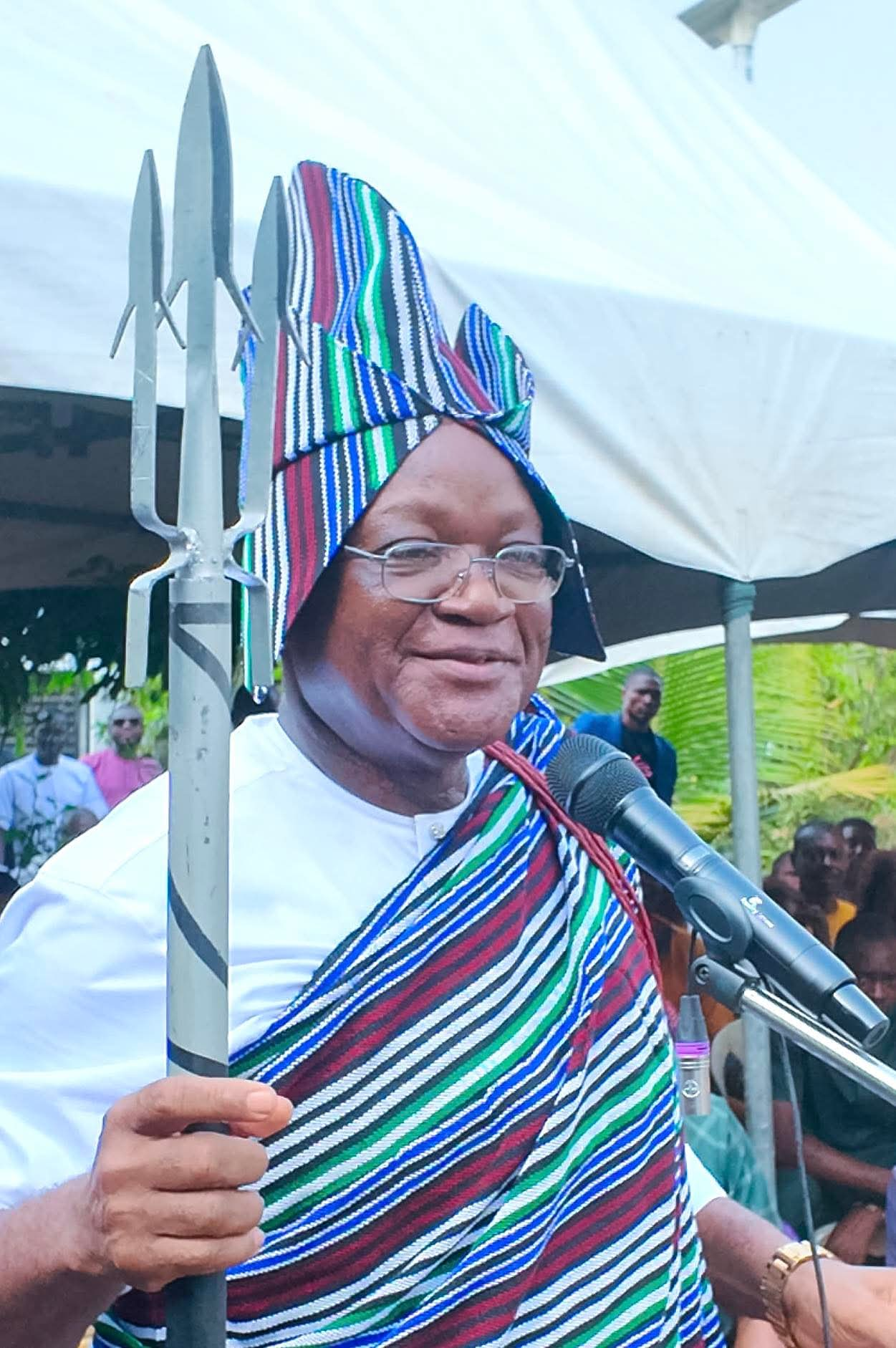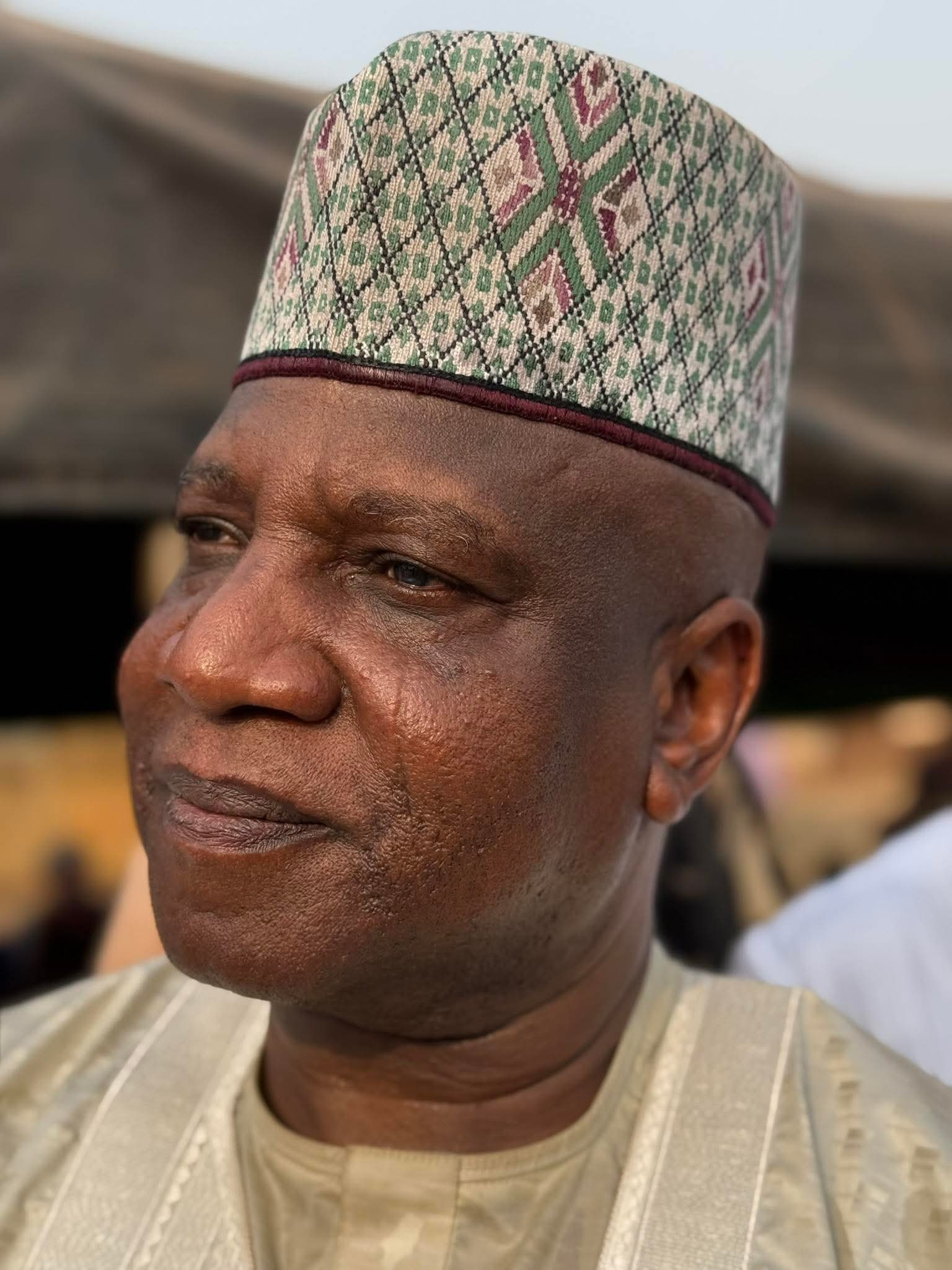The Supreme Court of Nigeria has scheduled a hearing for October 22, 2024 regarding a lawsuit filed by at least 16 state governments contesting the constitutionality of the laws that established the Economic and Financial Crimes Commission (EFCC).
Benue State under Governor Hyacinth Alia is one of the states which have joined the suit, labeled SC/CV/178/2023. The other states are Ondo, Edo, Oyo, Ogun, Nassarawa, Kebbi, Katsina, Sokoto, Jigawa, Enugu, Anambra, Plateau, Cross-River, and Niger.
This implies that Alia is running a corrupt government and wants the anti graft agency scrapped to allow him to continue to fleece the state’s resources.
Governor Alia’s move to join the lawsuit against the Economic and Financial Crimes Commission (EFCC) alongside 15 other state governors raises serious concerns about his commitment to transparency, accountability, and the fight against corruption.
It is both ironic and troubling that a leader who touts a messianic and divine mandate and positions himself as a champion of the masses would actively seek to undermine one of Nigeria’s key institutions designed to combat graft and financial crimes.
Since assuming office over a year ago, Governor Alia has failed to provide a clear account of his administration’s financial dealings. The people of Benue State have been left in the dark regarding the income and expenditure profiles of their government. This lack of transparency is not a minor oversight; it is a glaring indication of a potentially corrupt administration.
If Governor Alia were genuinely committed to serving the public interest, he would prioritize openness and ensure that the citizens he claims to represent are fully informed about how their resources are being managed.
Joining the suit against the EFCC can only be interpreted as an attempt to shield himself and his administration from scrutiny. The EFCC has been instrumental in investigating and prosecuting cases of corruption across Nigeria, and its efforts have led to the recovery of stolen public funds and the enforcement of accountability among public officials.
By challenging the constitutionality of the agency, Governor Alia appears to be sending a message that he seeks to operate without oversight, which is a dangerous precedent for governance in Benue State.
The hypocrisy of Alia’s actions is further underscored by the very essence of the EFCC’s mandate—to promote transparency and accountability in public service.
If Governor Alia is indeed acting in the best interest of the people, why does he oppose a body that is designed to protect them from corruption? His legal battle against the EFCC can only be interpreted as an admission of guilt or, at the very least, an acknowledgment that his administration may not withstand the scrutiny that the EFCC brings.
Alia has continued to demonstrate a lack of sincerity in his leadership. We recall that when the Federal Government approached the Supreme Court to grant full autonomy to local governments in the country, Alia was one of the governors who filed a defense against the suit.
He wanted to sustain his hold on local government allocations. Though he and the others lost the legal battle and autonomy was granted, we took note of his anti-people move.
Our people deserve transparency, accountability, and a government that prioritizes their interests over self-serving agendas. It is time for Governor Alia to reflect on his actions and the message they send to the very people he claims to be representing.
The fight against corruption requires solidarity and commitment from all leaders, not attempts to undermine the institutions that uphold the rule of law.
The people of Benue State must realize the danger in the governor’s move to suppress scrutiny and rise up to question the motivations behind his actions.
How can they trust a leader who is willing to dismantle the very mechanisms put in place to protect public funds and ensure ethical governance? Governor Alia’s action reflects a profound disconnect between his public persona and the reality of his administration. It reveals a troubling willingness to prioritize personal and political interests over the welfare of the citizens he swore to serve.
Lastly, we call on the EFCC to deepen its searchlight on the government of Benue State under Governor Hyacinth Alia. Now they know that they have a governor in the state who wants the extinction of the commission. This means he has a lot to hide. The EFCC should dust the files containing several petitions written by civil society groups and other whistleblowers against the Alia administration. They will unearth a lot of stench!
Signed:
Amos Uchiv
President, Defenders of Democracy (DoD).










